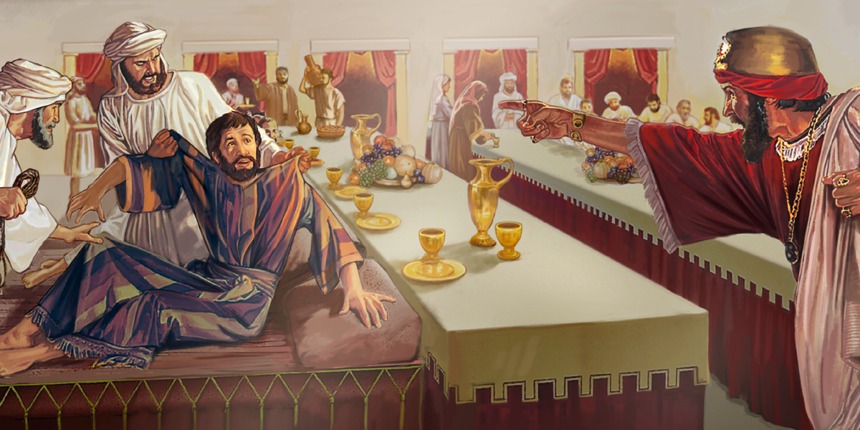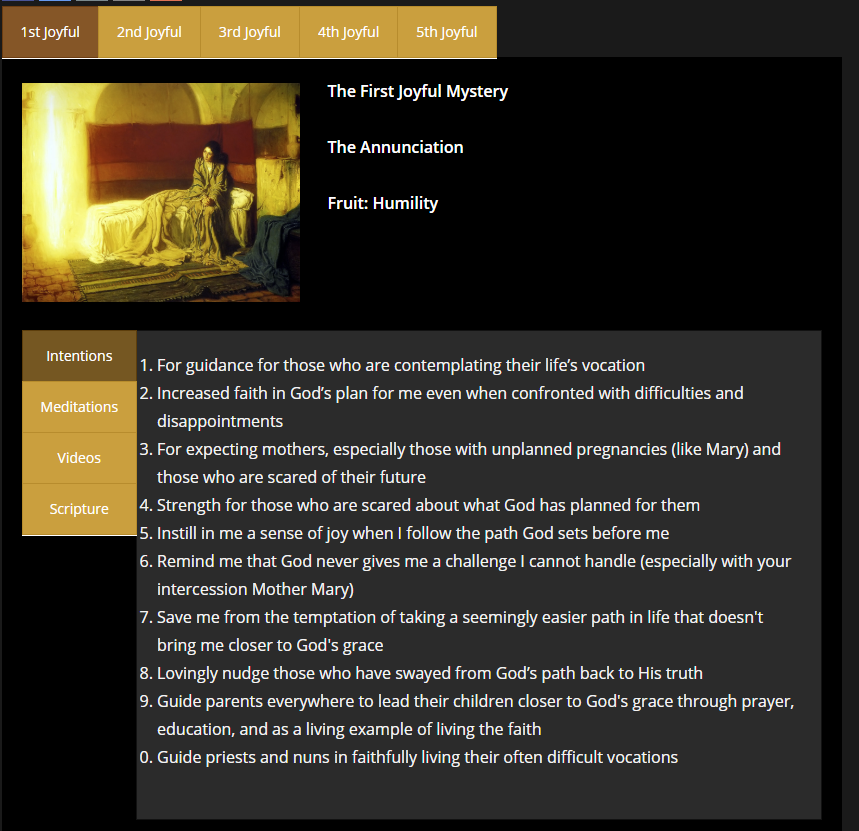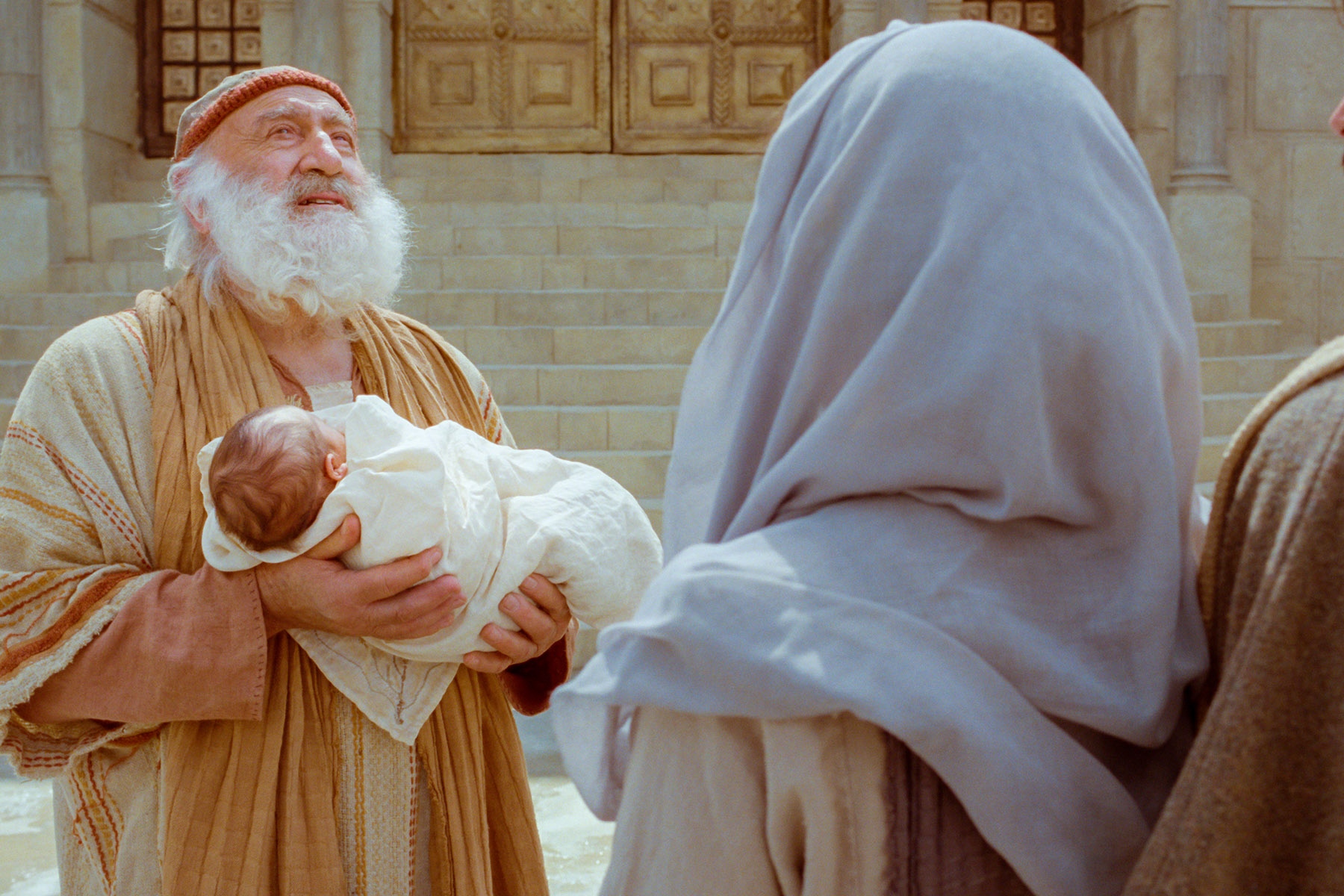We’re living in times when everything looks like a disaster. We’re hearing about nightly riots in major cities like Portland and Philidelphia. Covid cases are spiking worldwide with no near term cure in sight. Some places are considering shutting down public spaces once again. We are deeply divided and worried over the US presidential election. On a personal level, many of us worry about our financial and emotional wellbeing from sheltering in place for such a long time. This does seem like a hopeless time.
Finding Perspective
In these times of trial, I like to meditate on the Second Luminous Mystery, the Miracle at Cana. I think about how running out of wine at the wedding was a disaster. Sure, it’s not a Covid19 sized disaster, but for a wedding, it would be a big deal. However, even if Jesus never performed the miracle of turning water into wine, I’m sure the bride and groom would have been just fine. Sure, there might have been some temporary embarrassment, but there are worse things in life than running out of wine at your wedding.
We can look at this Rosary mystery and ask ourselves whether we are making a bigger deal out of the challenges in our lives than need be. Are we giving situations more importance than is warranted? While we should bring all our concerns to Jesus, we don’t necessarily have to give them all equal weight. And perhaps Jesus answers our prayers, not by eliminating life’s challenges, but by telling us not to worry so much about everything.

Don’t Expect Miracles
At the wedding, Jesus solved the wine shortage problem in his first public miracle. Remember, at this time Jesus wasn’t yet known as a healer and miracle worker. He hadn’t yet gained popularity where people flocked to him for miracles. We take it for granted that when Mary told Jesus about the wine shortage that he was going to solve it through his divine powers. But that maybe wasn’t what people were expecting at Cana. But Jesus saw it fit and appropriate to perform a miracle in that case.
In these uncertain times, we too can always hold out hope in miracles. But we shouldn’t expect miracles or only look for a specific outcome. God has a way of intervening in the way He sees fit; sometimes with a miracle and other times without. We need to put our faith in God’s plan; that it will ultimately lead to joy and freedom even if there are disastrous moments. Remember, at the wedding, they weren’t running low on wine. They ran out of wine. So for a moment, there wasn’t just an impending disaster, but a real disaster. And maybe we too have to live through a few real disasters ranging from a few minutes to a few days, months, years, or decades. But God won’t allow for those disasters to ultimately triumph, especially if we call on Him to help us.

Indirect Miracles
The headwaiter didn’t know that Jesus turned the water into wine. From his perspective, no miracle took place. Maybe that’s the same with us. God may be performing all sorts of miracles but they are in ways we don’t experience directly. In chaos theory, big events can find their roots in simple actions that follow a long and complex chain of events. Miracles can act the same way. A small miracle can have a huge effect elsewhere but through the chain of events, that small miracle may not even be noticed because it’s so far detached from the outcome. I think many times, we are like the headwaiter — we experience miracles without even knowing it.
I’m sure we all have anxieties and worries that we want God to solve. But contemplate the Second Luminous Mystery when you’re feeling anxious or depressed. Consider that God may be answering your prayers and performing miracles in subtle ways. Or maybe He’s telling you to have faith and a little patience in His plan. Maybe He’s telling you that your disasters aren’t really disasters or at least aren’t as big as you’re making them out to be.



















